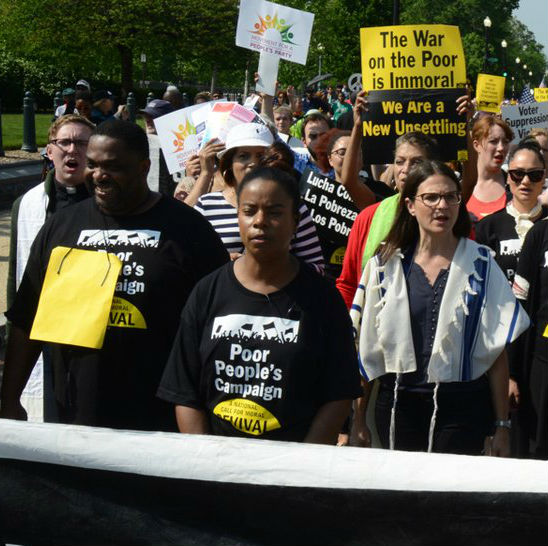
Education: The Building Blocks of Justice and Understanding
“In these days, it is doubtful that any child may reasonably be expected to succeed in life if [they are] denied the opportunity of an education,” U.S Supreme Court Chief Justice Earl Warren declared in the famed case of Board v. Board of Education, almost 64 years ago. Decades later, in 2009, Former Secretary of Education Arne Duncan...
read more




